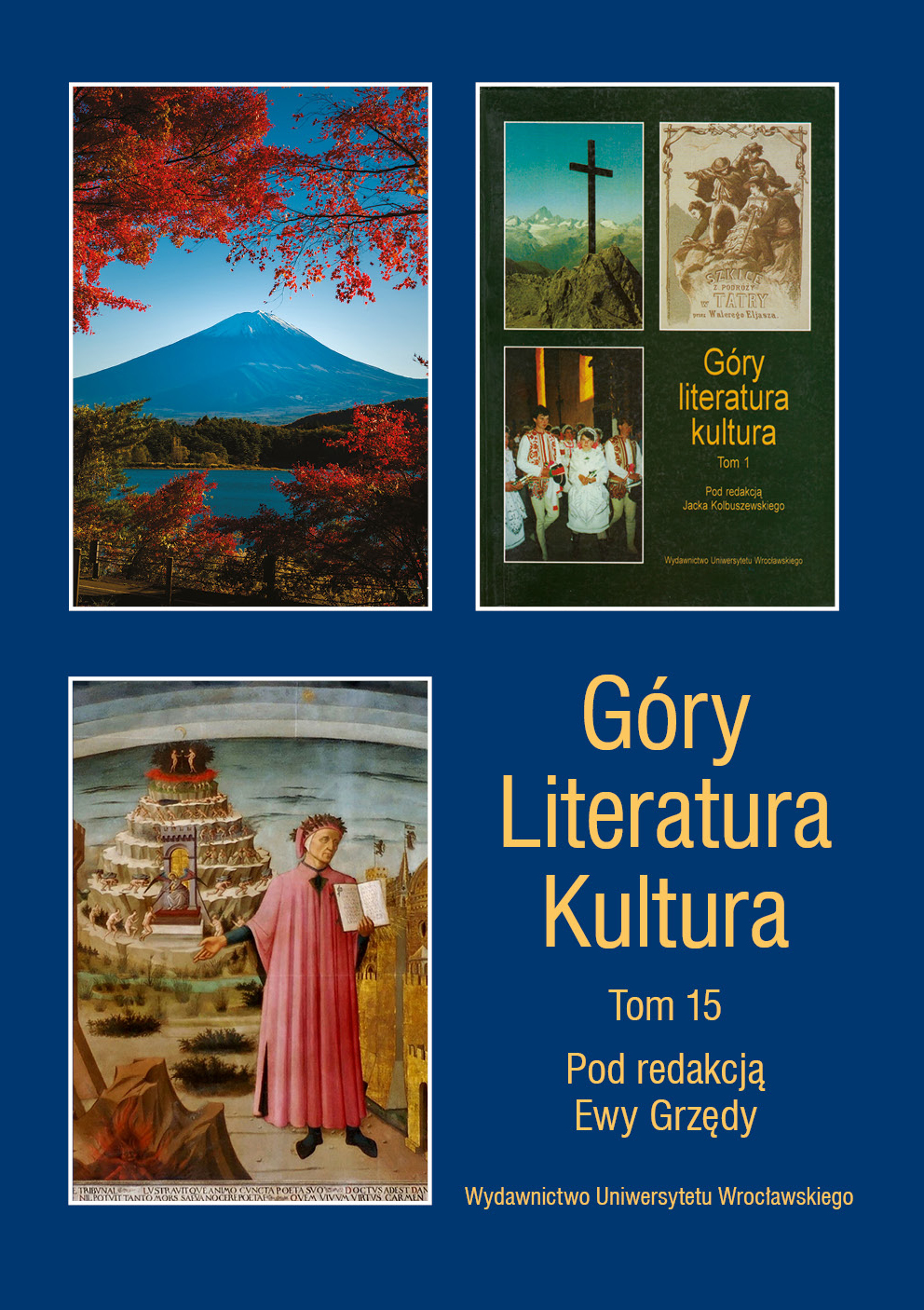

Rozprawy i szkice

Grand hotels had first been a metropolitan phenomenon before they emerged in remote regions of the Alps between the 1880s and the 1930s. This essay explores how these semi-public spaces and early places of modernity engaged with alpine scenery and shaped the very industry of mountain tourism. It analyses the relationship between elite tourism and the natural and social environment of the Alps.
The success of mountain grand hotels was tied to increasing industrialization and a new understanding of travel. Their thoughtful detachment from space, time, and society was an expression of a business as much as of social philosophy. Throughout the fin-de-siècle, mountains served as a backdrop for the narrative of the époque’s scientific and technical progress and became subject to rational interpretation and economic exploitation. Mountain grand hotels were not only a key component of tourism infrastructure, but also the bold expression of a presumptuous occupation of spaces set away for tourism. Natural space had widely been turned into social space for visual and leisurely consumption, raising questions of authority, priority, appropriation, and imposition.
By mapping the perception of mountains along the history of mountain grand hotels, this essay studies the sites, gazes, and environments of mountain tourism at the fin-de-siècle. It examines how the history of the mountain grand hotel conflates with the forces of colonialism, and capitalism and showcases how these spaces reflect the socio-economic transformations that ultimately paved the way for mountain mass tourism.